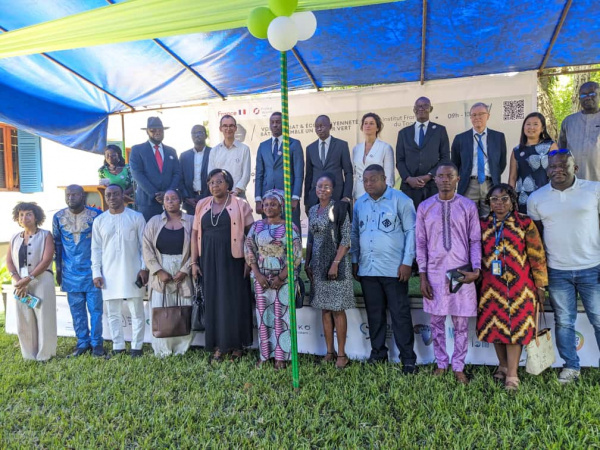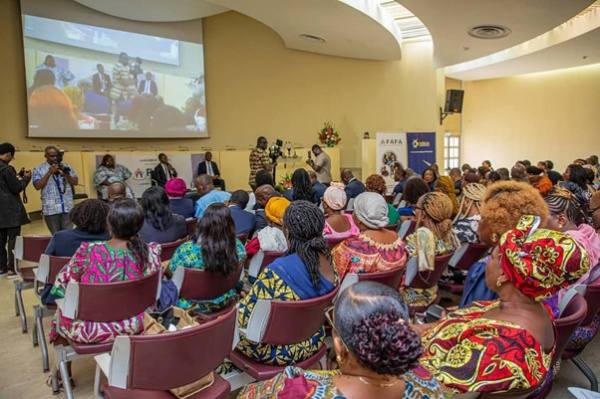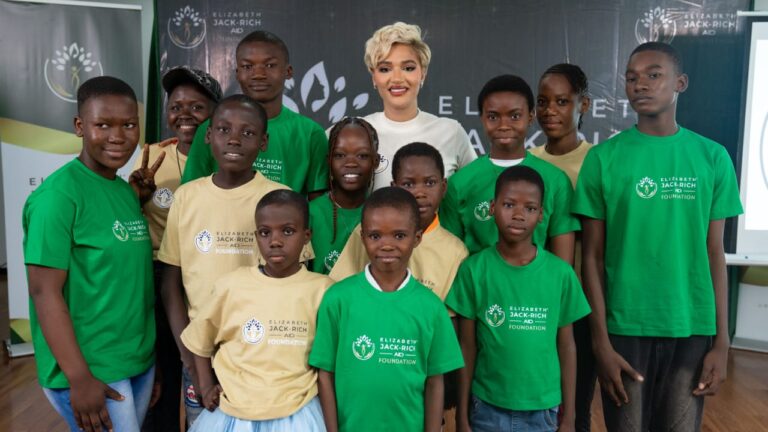LAGOS, Nigeria – In a move to promote gender inclusivity and technological advancement, Nigeria’s National Agency for Science and Engineering Infrastructure (NASENI) has launched the second phase of its Unmanned Aerial Vehicle (UAV) training program for female engineers. The initiative, in collaboration with Caverton Helicopters, aims to empower women in drone technology and promote precision agriculture in rural communities.
Ten female engineers and scientists from NASENI have commenced an intensive six-week training program at Caverton’s training school in Lagos. This marks a critical step in the SHEFLY project, an ambitious initiative spearheaded by NASENI’s Executive Vice Chairman (EVC), Mr. Khalil Suleiman Halilu.
The project aligns with the Nigerian government’s “Renewed Hope Agenda,” which seeks to promote innovative and gender-focused solutions to national development challenges.
“This is more than a training — it’s a national investment in women, agriculture, and future-focused technology,” said Dr. Abayomi Okesola, Team Lead of the NASCAV Project, representing NASENI.
See more: Tinubu Congratulates Former University Vice-Chancellor on 70th Birthday
The selected female engineers will become trainers for rural women farmers, helping them adopt drone-based precision farming techniques to boost productivity and improve livelihoods. This approach aims to address food security challenges and promote sustainable agricultural practices.
Caverton Helicopters, a leading aviation company in Nigeria, is providing the training, which adheres to strict aerodynamic principles and is certified by a UK-licensed authority. This ensures that participants are trained to international standards.
“This training ensures that Nigeria stays current with global technological advancements while prioritizing safety and professionalism,” said Mr. Ayodele Omueti, Director of Corporate Services at Caverton Helicopters.
The global demand for UAV pilots is surging, and the SHEFLY project aims to position Nigerian women to benefit from emerging opportunities in the UAV and agri-tech industries. By closing the gender gap in STEM fields and fostering inclusive innovation, Nigeria is investing in its future workforce and promoting sustainable development.
This initiative reflects a growing trend in developing nations of leveraging technology to address agricultural challenges and empower women in traditionally male-dominated fields. The SHEFLY project has the potential to serve as a model for other countries seeking to promote gender equality and technological innovation in the agricultural sector.









